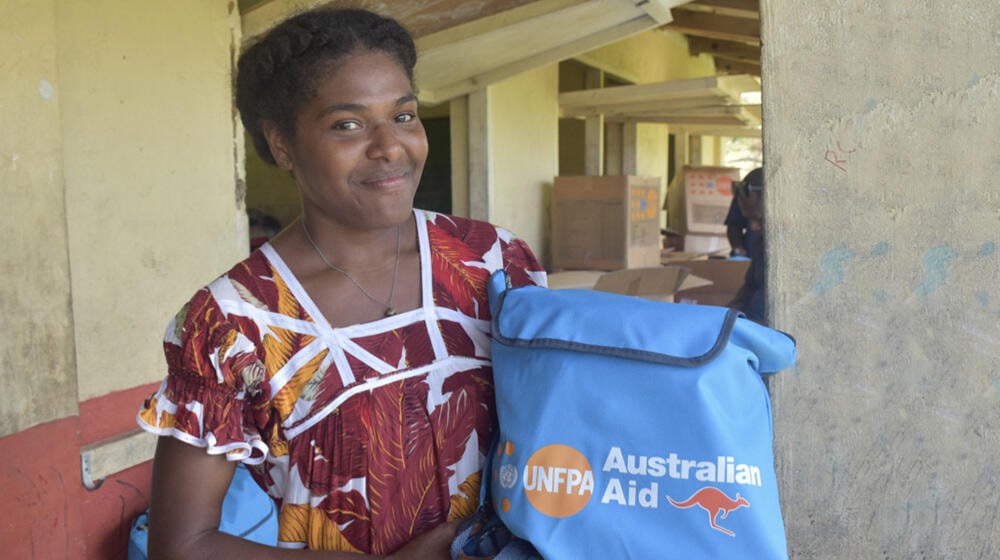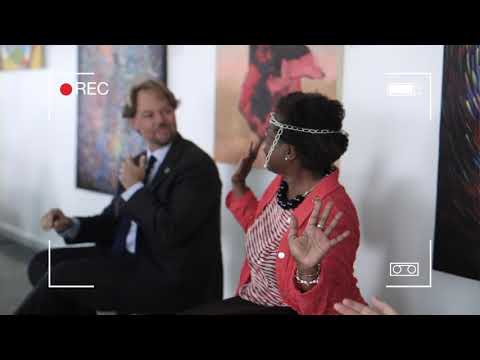
Category 4 Tropical Cyclones Judy and Kevin devastated Vanuatu on the 1st and 4th of March. The back-to-back storms created a national state of emergency and a crisis for women and girls. With health facilities damaged, roads destroyed and electricity cut-off, the situation remains critical, especially for pregnant women and women giving birth. ©Nullschool
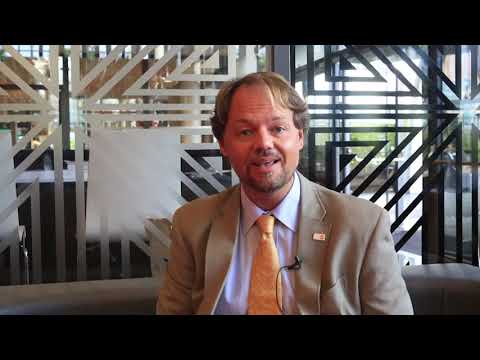
At least 80% of the population were impacted by the cyclones, 250,000 people including 75,000 women of reproductive age. ©UN0795911/Rebecca Olul
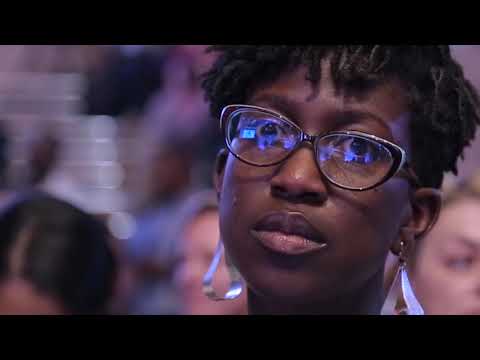
UNFPA estimates that there are currently more than 5,600 pregnant women across Vanuatu, all of whom require maternal health and delivery services. In the next 30 days, 625 live births will require obstetric and newborn health services and 30,000 adolescent girls will continue to have menstrual hygiene needs. ©UNFPA Pacific
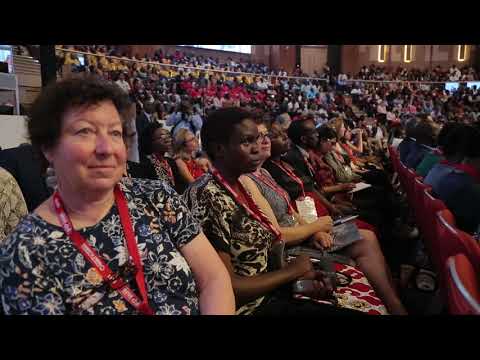
Women queue up in Efate to collect ‘Dignity Kits’ as part of the response to the cyclones this month. UNFPA has been on the ground from day 1 to support the government-led response and recovery efforts in coordination with other humanitarian actors. Partners like the Vanuatu Women’s Centre and the Vanuatu Police Force are providing counselling for women in affected communities. ©UNFPA Pacific
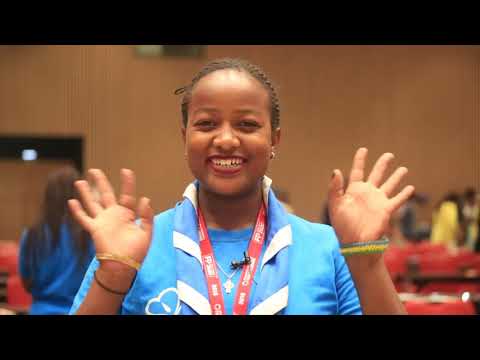
Within less than 24 hours from the Government’s request for support, UNFPA Pacific and partners started the distribution of Dignity Kits already pre positioned outside of Port Vila. Dignity Kits were distributed to affected women and girls to support them in maintaining their hygiene, meet their protection needs and safeguard their dignity. Supported by the Government of Australia. ©UNFPA Pacific
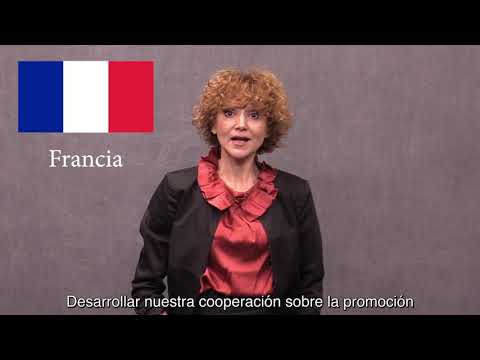
Dignity Kits contain underwear, basic clothing, sanitary napkins, toothbrushes, toothpaste, soap and laundry powder, as well as information on the services that are available and how to access them.
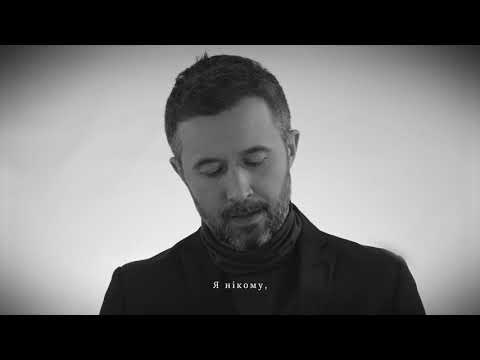
Wilson Lilip (left) from the Government of Vanuatu is the Central Medical Store Manager. After the cyclones, the government collected UNFPA supplies to transport to the Ministry of Health facilities for distribution across the country. The clean delivery kits will support at least 200 births, covering about 32% of the estimated live births in the next month. ©UNFPA Pacific
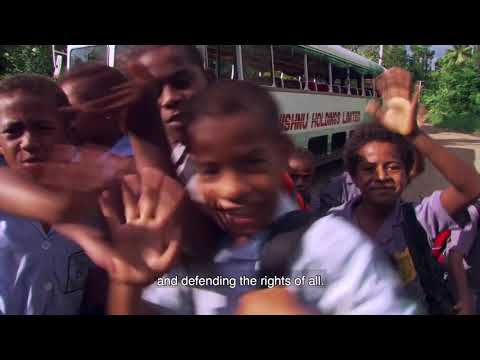
At the evacuation centre in Epau, a team from the Department of Women's Affairs distributes Dignity Kits to women and girls. ©UNFPA Pacific
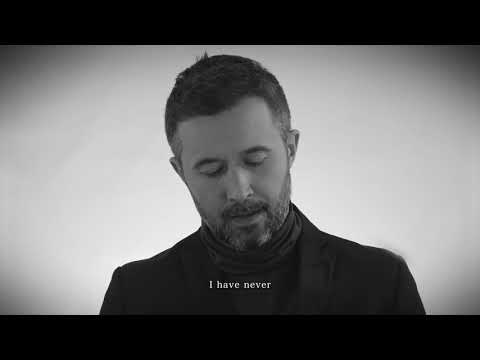
Sherol George (left) is from the Vanuatu Skills Partnership, a UNFPA partner who has helped the Vanuatu Society for People with Disability check on their registered clients and distribute Dignity Kits. ©UNFPA Pacific

UNFPA is mobilising additional supplies including life-saving reproductive health kits and mobile clinics to get to the hardest-to-reach communities even in remote islands, to ensure safe deliveries of babies. UNFPA also stands ready to help establish “safe spaces” for women and girls to receive assistance and access services like psychosocial support and ensure they are protected from gender-based violence. ©UNFPA Pacific
Learn more

